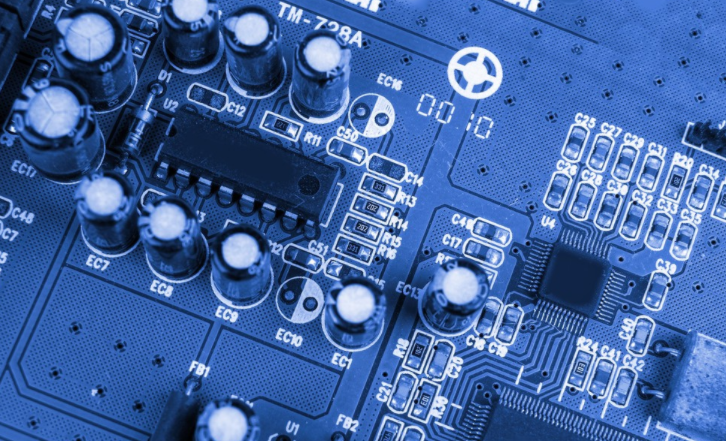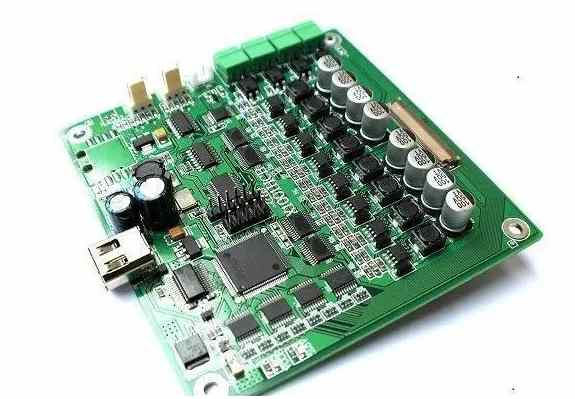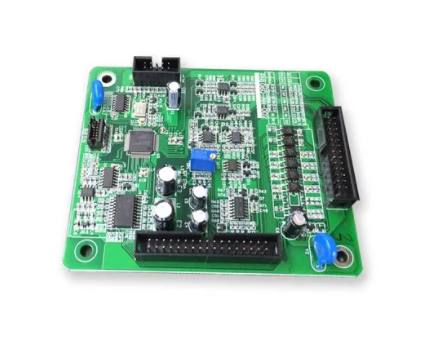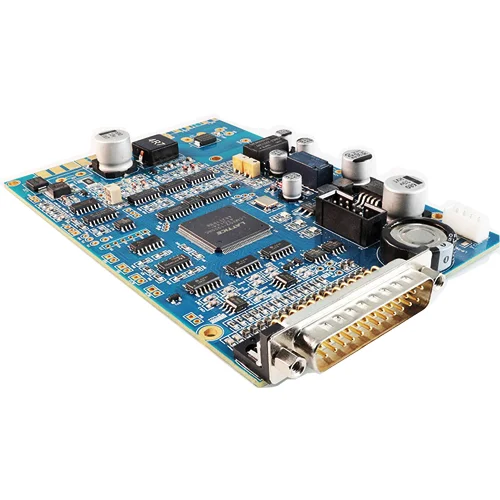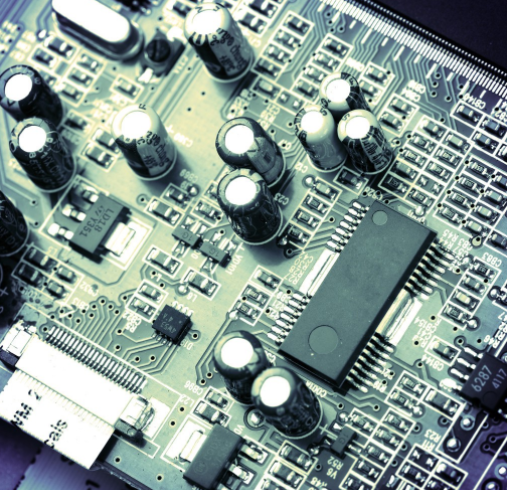
Prevent PCB reflow soldering board from bending and warping
I believe that all friends who have done SMT chip processing know that PCBA boards must be reflowed after the equipment is installed on the mounter However, in the process of PCBA reflow soldering, the PCB is prone to bending and warping. How to prevent the PCB from warping and warping through the reflow soldering furnace? Then introduce the relevant countermeasures
1. Reduce the influence of temperature on circuit board stress
Since "temperature" is the main source of PCB stress, as long as the temperature of the reflow furnace is reduced or the heating and cooling speed of PCB production in the reflow furnace is slowed down, the bending and warping of PCB can be greatly reduced. Occurs However, other side effects may occur, such as solder shorts.
Circuit board
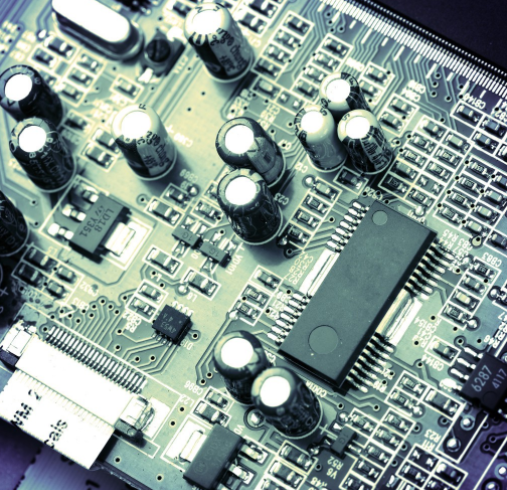
2. PCB with high Tg board
Tg is the glass transition temperature, that is, the temperature at which the data changes from glass state to rubber state The lower the Tg value of the data, the faster the circuit board begins to soften after entering the reflow soldering furnace, and the longer it will become soft rubber. Of course, the deformation of the circuit board will be more serious The use of higher Tg boards can improve their ability to withstand stress and deformation, but the price is very high Tg PCB board is relatively high
3. New circuit board thickness
In order to make many electronic products lighter and thinner, the thickness of the circuit board is 1.0mm, 0.8mm or even 0.6mm. This thickness must ensure that the circuit board will not deform after reflow soldering, which is really difficult for others. It is recommended that the thickness of the circuit board should be 1.6mm when there is no requirement for brightness and thickness, which can greatly reduce the risk of bending and deformation of the circuit board.
4. Reduce the size of the circuit board and the number of puzzles
Since most reflow soldering furnaces use chains to drive the circuit board forward, the larger the PCB design size is, the more the circuit board will sag and deform in the reflow soldering furnace due to its own weight. This attempt regards the long side of the circuit board as the edge of the circuit board. Placing it on the chain of the reflow furnace can reduce the depression and deformation caused by the weight of the circuit board itself. This is also the reason for the decrease in the number of switchboards. The minimum sag deformation is reached.
5. Used furnace tray clamp
If the above method is difficult to achieve, the last method is to use the furnace tray to reduce the deformation. The furnace tray can reduce the bending and warping of the circuit board, because it is hoped that the tray can fix the circuit board regardless of thermal expansion or cold contraction. After the temperature of the circuit board is lower than the Tg value and hardening starts again, the original size can be maintained.
If a single-layer tray cannot reduce the number of PCB circuit boards, another layer of cover must be added to clamp the circuit boards with upper and lower trays. The problem of PCB deformation can be greatly reduced through reflow soldering furnace However, this tray is expensive and requires manual placement and recycling of trays


